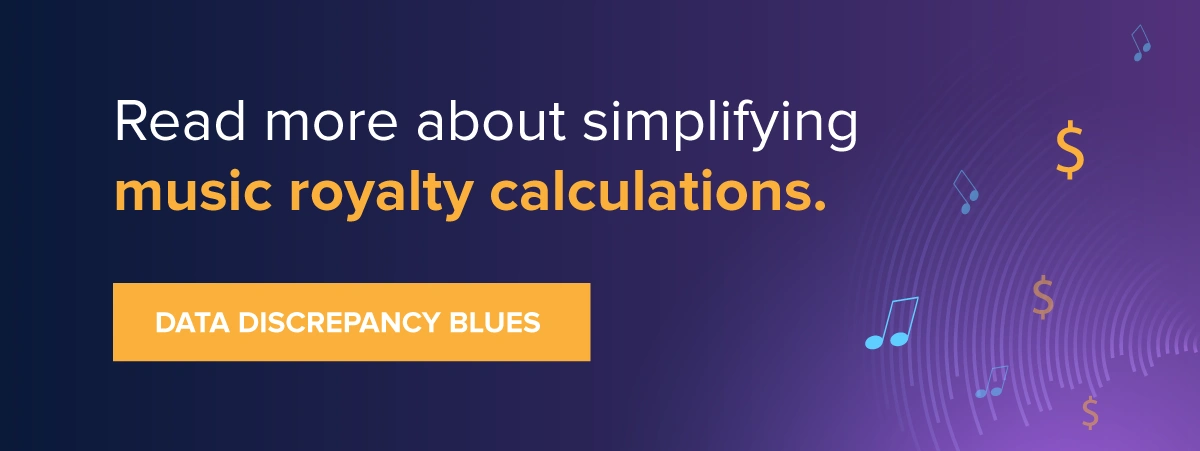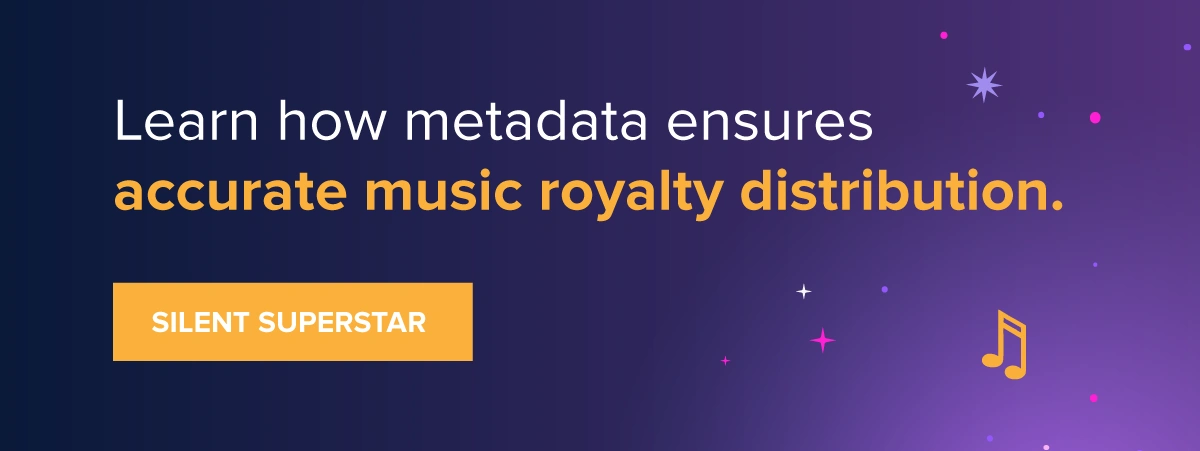
The future of the multibillion-dollar global music rights management industry depends on data-driven solutions — will you be ready?
We're entering a golden age of data-driven rights management. The numbers tell a compelling story: $45.65 billion is the projected size of the global recorded music market by 2029. Global accessibility brings a multitude of rights and royalties that must be navigated to ensure fair compensation for creators and seamless consumer experiences.
The opportunity isn’t just in managing music rights more efficiently; it's in unlocking entirely new revenue streams through intelligent data orchestration.
The data imperative
I work with streaming platforms, record labels and music publishers who are discovering the same truth: the organizations that thrive in tomorrow’s music industry will best harness their data today. The volume of data is staggering — billions of daily streaming events, multiple rights types, varying territorial requirements and complex payment structures.
3 challenges driving innovation
Understanding how to manage rights across varying countries and territories effectively safeguards revenue and fosters a more harmonious ecosystem for artists, rights holders and organizations. I consistently see 3 critical challenges that are transforming how we think about global rights management solutions:
1. Navigating diverse legal frameworks
Each territory's unique copyright laws and royalty structures create immense complexity. Traditional approaches to managing these variations often lead to revenue leakage and compliance risks. However, data-driven solutions are transforming this challenge into opportunities:
- Automated territory-specific rule engines that adapt in real-time to regulatory changes
- AI-powered compliance checking that significantly reduces manual review
- Dynamic reporting systems that automatically align with local requirements
- Intelligent automation that significantly reduces compliance-related delays
2. Handling complex royalty calculations
The explosion of digital platforms has exponentially increased royalty calculation complexity. This isn’t just about processing more data — it’s about processing it intelligently:
- Machine learning algorithms process billions of micro-transactions daily
- Smart matching systems significantly reduce unmatched royalties
- Predictive analytics identify potential calculation errors before they impact payments
3. Resolving disputes and conflicts
Rights conflicts and disputes have traditionally been a significant drain on resources. Data-driven solutions are revolutionizing a better approach to this challenge:
- Predictive conflict identification flags potential issues before they escalate
- Automated conflict resolution workflows significantly reduce resolution time
- Data visualization tools provide instant clarity on complex ownership structures
Transforming challenges into opportunities
The modern music landscape generates unprecedented usage data across multiple platforms and territories. Your competitors are now using advanced analytics to turn this complexity into clarity. Imagine increasing your revenue capture by 20% simply by implementing intelligent data-matching algorithms.
The future is about tracking rights and predicting opportunities. Advanced analytics can now forecast potential rights conflicts before they occur, identify under-monetized catalogs and spot emerging market opportunities in real time.
With varying legal frameworks across territories, automated compliance isn’t just a convenience — it's a necessity. By handling multi-territorial compliance automatically, you can reduce manual processing by up to 90%.
Bridging the gaps with data and innovation
In addressing these challenges, harnessing data and embracing technological innovation are crucial. Here’s how I think we can bridge the gaps in global music rights management:
- Leverage AI and machine learning (ML)
With AI and ML, stakeholders can gain actionable insights into artist performance, market trends, and regional preferences. This enables more informed decision-making, accurate royalty calculations and efficient rights management across multiple territories.
- Enhance metadata systems
Developing sophisticated systems to handle diverse metadata formats and regional variations is essential to ensure that creators are correctly credited and compensated, reducing discrepancies and improving overall accuracy.
- Use predictive analytics
By analyzing historical data and identifying emerging patterns and trends in music consumption, stakeholders can make proactive decisions about investments and strategic planning.
Charting a new course
I firmly believe that the organizations that thrive in tomorrow's music industry won’t just be those with the most extensive catalogs — they’ll be the ones that best understand their data and make data-driven decisions. As the music industry continues to evolve with technological advancements and shifting consumer behaviors, the future of global rights management will be defined by our ability to innovate and adapt.
The path forward involves embracing a holistic approach that integrates cutting-edge technology, fosters international collaboration and prioritizes transparency. In doing so, we’ll enhance the music experience for consumers and ensure that creators receive fair compensation for their work. The future of global music rights management is bright, provided we remain committed to leveraging technology and data to drive positive change.
Get the latest news, updates, and exclusive insights from Vistex delivered straight to your inbox. Don’t miss out—opt in now and be the first to know!



